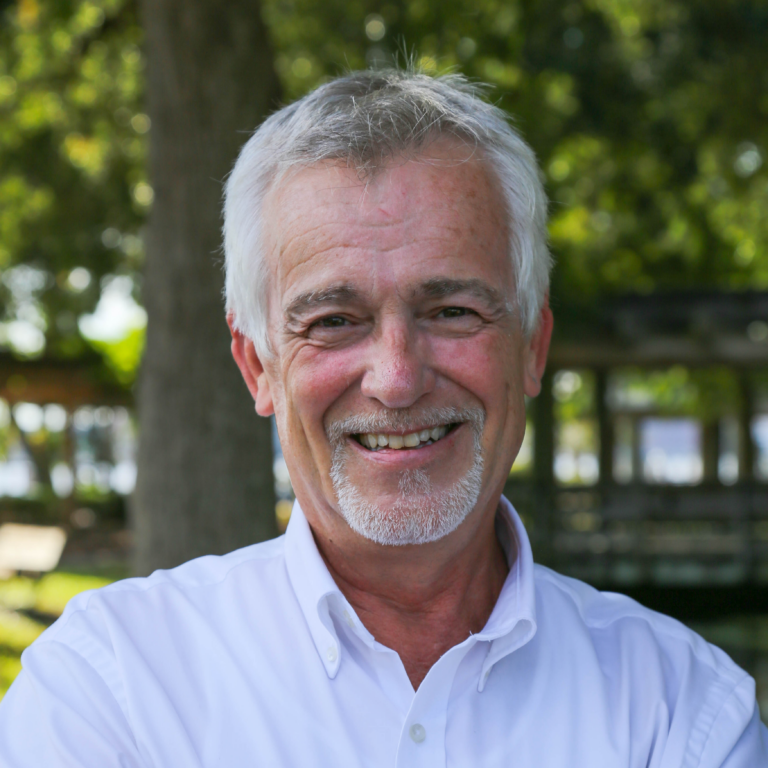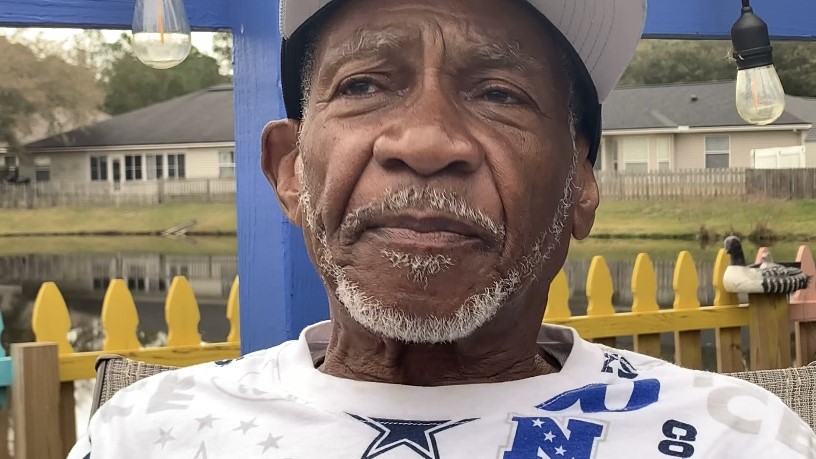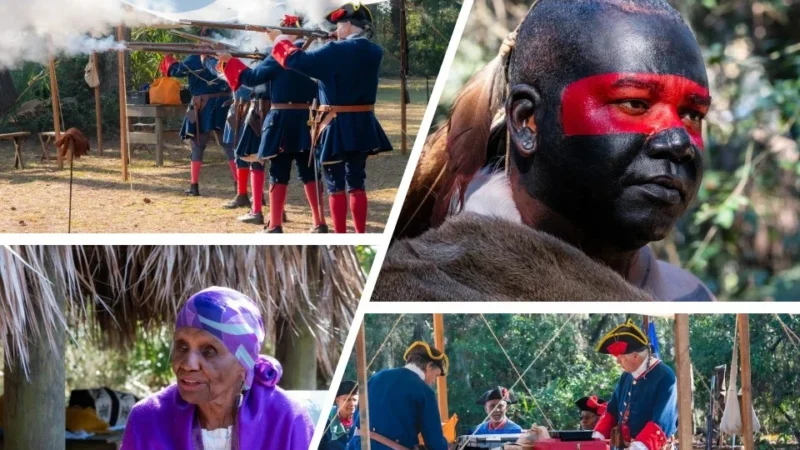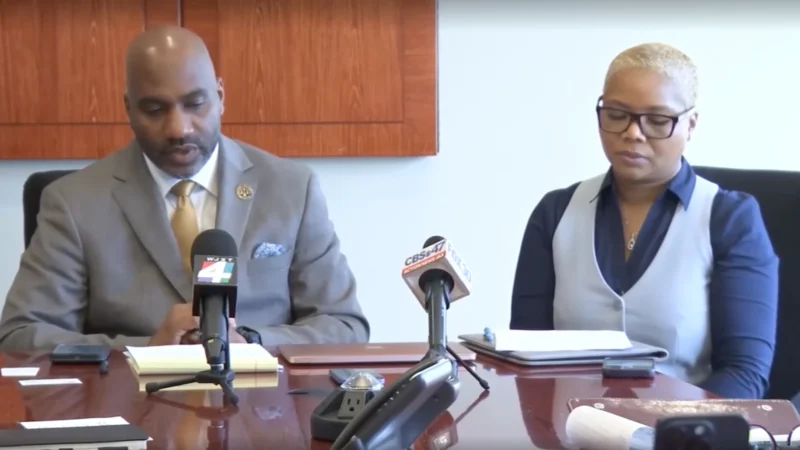A Jacksonville man who spent more than 44 years in prison is suing over his wrongful arrest.
Willie Williams was convicted of attempted murder in a store robbery in 1975 and sentenced to life in prison, a crime he always insisted he did not commit. He was paroled in 2020 at age 79.
Williams’ conviction was overturned in January after an investigation by the Florida State’s Attorney’s Conviction Integrity Unit with support from the Florida Innocence Project.
Williams filed a federal civil rights lawsuit Wednesday in U.S. District Court in Jacksonville against the city of Jacksonville, Duval County and detectives from the Jacksonville Sheriff’s Office.
The Conviction Integrity Unit concluded that prosecutors had not disclosed key evidence in the case — that one of the two victims identified Williams only after a Sheriff’s Office investigator hypnotized him.
Hypnosis as a memory enhancement tool in criminal cases was considered junk science in many U.S. jurisdictions at the time, though it was permitted in Florida until 1985.
Williams had been waiting in a car when another man went into the Wesconnett Produce Store and committed the crime without Williams’ knowledge, his lawsuit says. The other man shot himself to death a short time later.
“Jacksonville sheriff’s deputies aggressively pursued Mr. Williams’ conviction despite knowing of significant evidence that pointed to the guilt of another man, who committed suicide shortly after committing the crimes,” Williams’ attorneys said in a news release Wednesday.
Investigators then altered and concealed evidence, including a report about the victim’s hypnosis, the attorneys said.
Williams is represented by Jon Loevy and Lauren Carbajal of the Chicago-based civil rights law firm Loevy and Loevy, as well as Joshua Martin and EJ Hurst of the Human Rights Defense Center.
“Willie has suffered a grave injustice and lost much of his life as a result of police misconduct,” said Paul Wright, executive director of the Human Rights Defense Center, based in Lake Worth. “This is an opportunity for the city of Jacksonville to make amends and right the wrong it has committed.”
The Jacksonville Sheriff’s Office did not respond to a request for comment Wednesday.
David Chapman, communications director for the State Attorney’s Office, noted that hypnosis was admissible into evidence in the 1970s, but the failure to disclose it to the defense resulted in Williams receiving a new trial.
“With the passage of time and the loss of critical witnesses, the state could not proceed,” Chapman said in a written statement. “During our investigation, there were no findings to support a claim of exoneration, innocence or that law enforcement conspired against Mr. Williams.”

Randy comes to Jacksonville from the South Florida Sun-Sentinel, where as metro editor, he led investigative coverage of the Parkland school shooting that won the 2019 Pulitzer Prize for public service. He has spent more than 40 years in reporting and editing positions in Illinois, Iowa, Missouri, Ohio and Florida.






